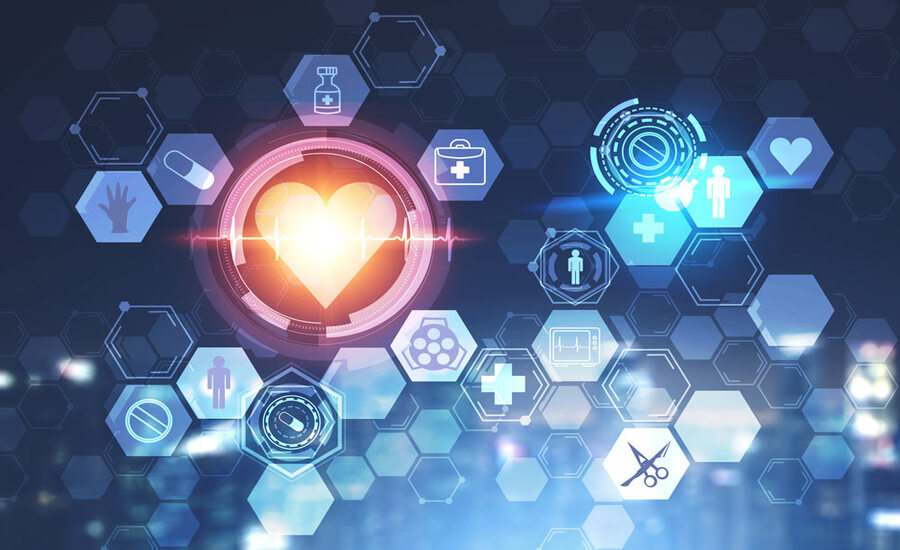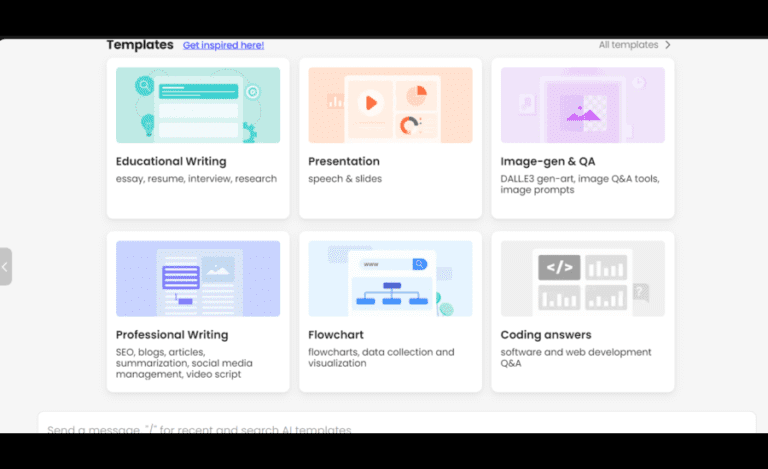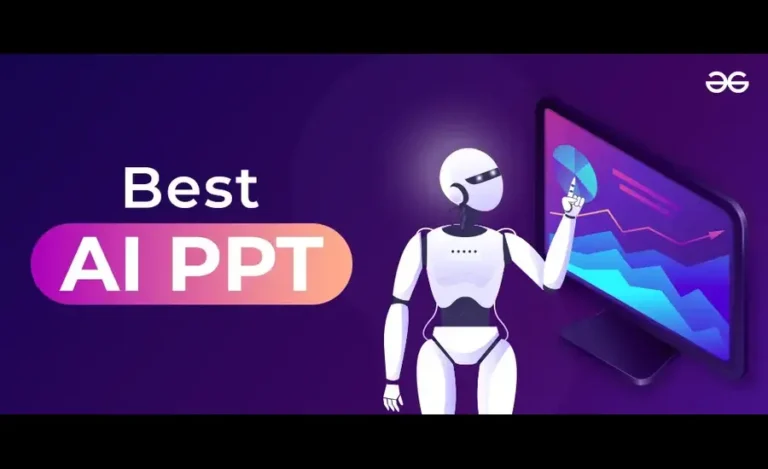How AI Can Improve Health Literacy Among Patients
Discover how AI can enhance health literacy among patients by providing personalized education, AI-driven chatbots, multilingual communication tools, and decision-making aids.
The most important aspect of providing quality healthcare is health literacy. It deals with patients’ capacity to collect, analyze, and apply information to make knowledgeable decisions about their health. Sadly, a lot of people have difficulty understanding medical information, which is harmful to their health. This is the stage at which artificial intelligence can change humans’s lives. Artificial intelligence has a chance to clear up the problem of health literacy by presenting patients with the information and tools they need to better understand their health.
1. AI-Powered Personalized Health Education
AI can deliver customized fitness training based on a patient’s demographics, clinical records, and other facts. Personalized guidelines, compared to widespread fitness understanding, are specific to everyone’s needs. This may want to take the sort of simple-to-watch films, articles, or interactive classes that cross over illnesses, sicknesses, and ways to stay healthful. Better results occur when individuals understand and take an active role in their health after receiving appropriate knowledge.
2. Improved Communication using AI-Powered Tools
Healthcare providers and patients miscommunicate with one another. Artificial intelligence-powered communication tools can act as links to improve understanding. AI-powered chatbots, for example, can help patients in actual time by explaining complicated clinical procedures and reacting to their problems in simple English. By providing patients with additional knowledge about their conditions, available treatments, and prescribed dosages, such technology might increase patients’ awareness of medical advice.
3. Accessible Medical Information Through AI Chatbots
AI chatbots can offer an invaluable service by making medical information more accessible. These chatbots are made to provide accurate, clear, and understandable health information, ensuring that patients get reliable advice at all times. Machine learning is used by these chatbots to convert complex medical terms into easily understood English for all users. It will be simpler for patients to obtain this information if they have poor health literacy or have trouble understanding complicated medical information.
4. AI Tools for Patient Decision-Making
Making decisions in the medical field can be very difficult, especially for people with low health conditions. AI can help by offering tools for making decisions that help people weigh their options for medical care. These tools, which give records in easily simple to understand and inclusive of charts or active models, ought to help patients evaluate the benefits and disadvantages of various health conditions. By enabling patients to make more picks, artificial intelligence can enhance patients’ healthcare and clinical consequences.
5. AI for Tracking and Updating on Improvements in Health
AI technology can also reveal a patient’s health progress and provide actual-time remarks. Wearable devices and fitness apps powered using AI can track diverse health parameters, together with blood strain, and glucose stages, and alert patients about any concerning changes. These devices can also offer personalized tips and recommendations, enhancing the patient’s ability to manage their health effectively. By promoting continuous learning about one’s health, AI fosters improved health literacy.
6. AI-Assisted Lowering of Medical Literature Difficulty
Medical literature is probably written in specialized, difficult language, which makes it hard for lots individuals to understand. AI can accelerate this technique with the help of lowering studies papers, academic papers, and other records into easier textual content. AI-powered tools can help people understand their conditions, potential treatments, and preventive steps by translating technical medical words into simple language. Simplifying is an important approach for raising health literacy.
7. AI as a Tool for Continuous Learning and Feedback
By providing health information slowly and evaluating it with regular input, artificial intelligence can offer a platform for continuous development. Patients are free to study at their own speed and review information as needed. This method encourages comprehension and retention, both essential elements of successful health literacy. Over time, artificial intelligence will help patients gain a better understanding of their health by providing continuous feedback and encouragement.
Conclusion
AI can completely change health literacy by giving individuals customized, easily available, and understandable health information. Healthcare professionals can improve patient engagement and understanding by using AI-driven solutions like chatbots, international translation services, medical coaches, and tools for making decisions.





